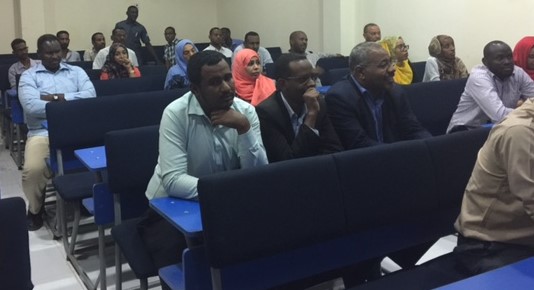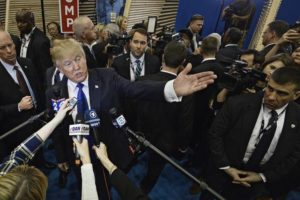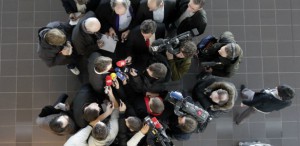
Young Ms. Ahmed, a student of Aloula College of Financial and Accounting Studies aspires to be a certified Management Accountant in Sudan but faces a major obstacle: she cannot write her final exams in Sudan because of US sanctions imposed her country before her birth. The school does not have access to Prometric Testing Center in the United States. Her options are limited; she could go to Saudi Arabia to write the examination at a terrible cost of about $10,000. In addition to student’s cost, Saudi law requires she must be accompanied by her parent thereby increasing the cost. Another student – Abdelbagi says he could not buy books from America to help him in preparation for the exam.

The two students – Ahmed and Abdelbagi are among the faces of the impact of US economic sanctions against Sudan. If the targets of United States sanctions are political leaders, it is apparent that the actual victims are the unintended targets.
Similarly, if the aim of the sanctions was to force Sudanese government to change its behavior and conform to basic international norms, it seems that Khartoum has transformed significantly that ordinary citizens are looking forward to the lifting of all international sanctions against the East African country by July.
Against the prospect of a peaceful and prosperous Sudan, Center for Media and Peace Initiatives, New York visited Sudan and held meetings and interviews with government ministers, journalists, students, and civil society leaders.
Clearly, Sudan is a country that is grossly misunderstood by the international community. Contrary to stereotypical image of the country, Sudan is a leader in conflict mitigation in the region and a safe country.

Journalism organizations – Sudanese Journalists Union, Sudan Press Freedom Organization, and The International Center for Training, Studies and Media Services applaud the current state of media freedom and access in the country.








Great article , thanks for shedding the lights on the suffering of Sudanese student seeks to obtain professional degrees, who are the most affected by the American Sanctions imposed on Sudan.